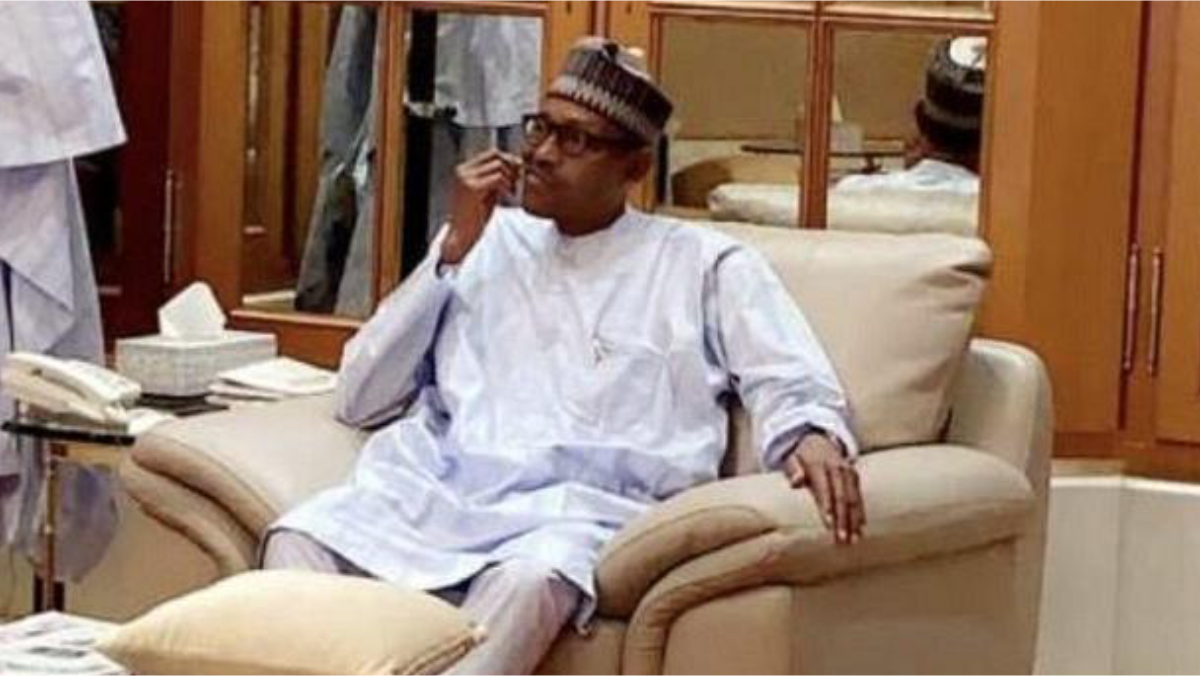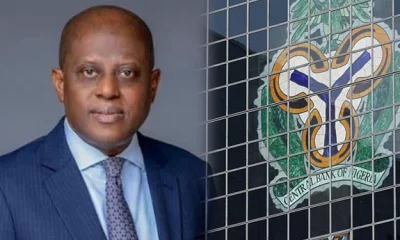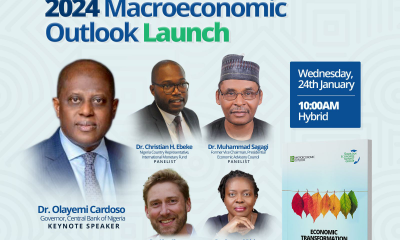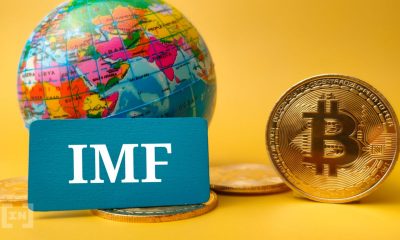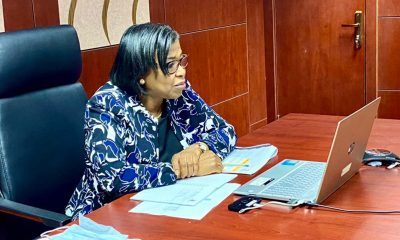Despite only spending N973.13bn on capital expenditure and earning just N1.84 trillion in revenue, the President Muhammadu Buhari -led All All Progressives Congress federal government has spent a whopping N1.8 trillion on debt servicing between January and May 2021.
A look at the data from the Debt Management Office (DMO) shows that Nigeria’s total loan profile increased to $87.24 billion as of March 2021 from $86.39 billion as of December 2020. This indicates an aggregated additional loan of $847 million within 3 months.
Despite these debt obligations, Nigeria continues to seek further domestic and external loans to run its affairs. The Senate recently approved the $6.1 billion loan requested by President Buhari, part of which would be used to partly finance the 2021 budget deficit.
READ ALSO: Nigeria on a dangerous, debt-induced fiscal cliff, Moghalu warns
Buhari signed a budget of N13.59 trillion for the 2021 fiscal year, from which N3.32 trillion was earmarked for debt servicing. This fiscal budget, however, comes with a deficit of N5.6 trillion, to be sourced from both domestic and foreign sources.
The Nigerian government for the 2020 fiscal year budgeted a sum of N2.95 trillion for debt servicing but ended up spending N3.27 trillion to service previously acquired debts, while it received new loans of about N3.28 trillion with only N16.1 billion to fund infrastructure projects, if not spent on recurrent expenses.
The same is likely to happen in the current year, as Nigeria continues to pursue more loans, while its revenue is dwindling significantly. Notably, Nigeria plans to acquire new loans up to N19.69 trillion between 2021 and 2024 and budgets N17.83 trillion to service debts within the same period.
READ ALSO: Buhari spends $3.7bn on foreign debt servicing in four years
According to Ebintoye Atte, a research analyst at United Capital plc, the high debt service fee will affect other capital projects that would have been done, assuming we do not have to pay so much on servicing loans.
He stated that “Nigeria will have to look towards other sources of revenue, as most of the current revenue is being used for debt servicing, which has affected most of our infrastructural needs.” He also stated that Nigeria’s debt stock is being affected in the long term, with the new set of loans acquired.
A look at the historical data, Nigeria’s total public debt has grown by $19.51 billion (over N8 trillion) in the past five years and is poised to rise to over N40 trillion by 2024.
According to another research analyst, acquiring new loans has a positive and a negative side and he believes the Nigerian government has voted to acquire more loans, with the expectation that the necessity for the loans overwhelms the burden it brings.
READ ALSO: External debt servicing gulps $357.26m in three months, says DMO
On the positive side, he noted that Nigeria needs these loans to fund projects. Notably, he highlighted that one of the major problems facing Nigeria is the currency market crisis, a problem emanating from insufficient dollar supply.
On the negative side, the cost of servicing this debt is a problem, as the funds would have been used for capital expenditures. There is also the burden of repaying these loans for the nation to grapple with.

 Business1 week ago
Business1 week ago
 Football1 week ago
Football1 week ago
 Entertainment6 days ago
Entertainment6 days ago
 Entertainment3 days ago
Entertainment3 days ago
 Comments and Issues6 days ago
Comments and Issues6 days ago
 Latest1 week ago
Latest1 week ago
 Business6 days ago
Business6 days ago
 Comments and Issues6 days ago
Comments and Issues6 days ago
